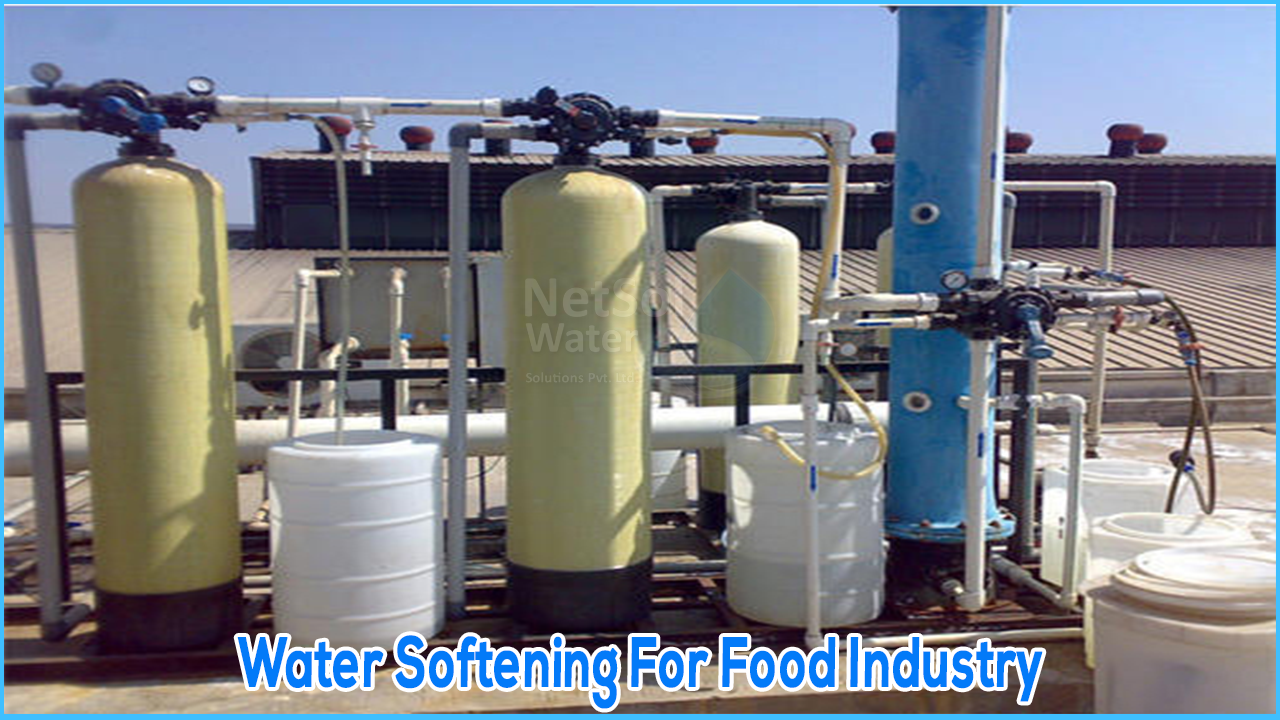Water Softening: An Overview
Water softening is the process of removal of ions of magnesium, calcium and sometimes iron. These metals make water hard and cause rusting and damage in pipelines. Also soft water requires less soap for cleaning as compared to hard water containing metals. Zeolite process and Ion-exchange method are two very common methods of water softening but these days reverse osmosis and nanofiltration are gaining strength in this department.
How Hard Water affects our pipelines?
Hard water causes blockages and rusting of pipes, scaling of pipes due to calcium carbonates and bicarbonates. Hard water can damage boilers, heat exchangers, and many devices. A water softener system can prevent these negative effects. Hard water creates an increased risk of limescale build-up in industrial, commercial, and domestic water systems.
Water softening systems can provide peak performance for up to 20 years. Water softeners are designed for maximum durability and reliability in terms of system malfunctions.
Water softeners can remove up to five milligrams per litre of dissolved iron. It can be operated automatically, semi-automatically, or manually. Each type is classified according to how much hardness it can remove before requiring regeneration. Commercial water softeners collect hardness minerals in treatment tank and occasionally flush them down the drain.
When an ion exchanger is used to soften water, it replaces the calcium and magnesium ions in the water with other ions, such as sodium or potassium. The exchange ions are added to the ion exchange reservoir as sodium and potassium salts.
Water Softeners in Food Industry
Food industry includes fast food chains, restaurants, food processing units, beverage processing units, water bottling units and food manufacturing units. This industry is extremely vast and requires drinking quality water with no pathogenic microbes.
- 1. In restaurants and fast-food chains water is required for cooking, cleaning and miscellaneous works which adds to the load on water source. Hard water is not feasible for cooking and cleaning as well as causes damage to plumbing system. Thus water softeners should be employed at the point of water source, so plumbing system of the unit is not damaged at all, thus ensuring long life of the system.
- 2. In beverage processing units, municipal tap water goes through many steps of water treatment like disinfection and water softening.
- 3. Food processing units use clean, soft water for processing raw or processed food material which is basic for good quality of product.
- 4. In soft drink manufacturing units, the soft water is not just required for preparing the drink but also for maintenance of the quality and taste of drink which must not change. The water quality and taste of each place is different, thus if soft drinks are manufactured without any treatment to the water, it may result in different taste for a single brand of drink. To maintain that taste water softening and further treatment is necessary.
Water Softening: Advantages
- 1. Longer lifespan for appliances such as dishwashers, washing machines, and water heaters
- 2. Great cost savings from less need for common chemicals and cleaning agents
- 3. Fewer water spots
- 4. Reduced maintenance costs
- 5. Reduced water and energy consumption



